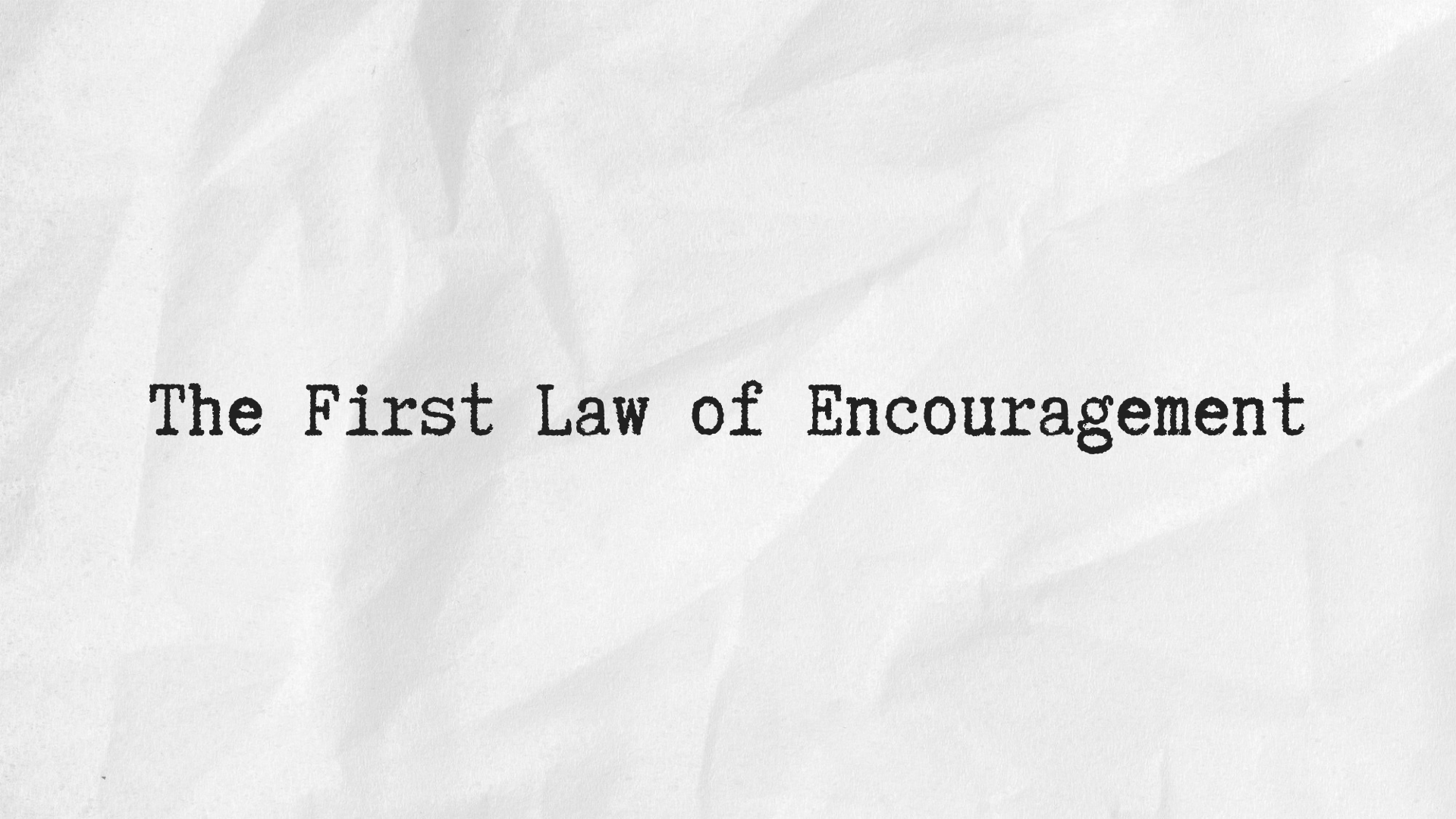Wine, Lazarus, and Eve
Wine, Lazarus, and Eve
In the Gospel of John, Jesus launches his public ministry by turning water into wine (John 2) and he concludes it with the raising of Lazarus from the dead (John 11).
On the surface, these two miracles couldn’t seem more different. Turning water into wine, though impressive, hardly seems comparable to raising someone from the dead. However, while the needs prompting the action of Jesus are indeed different, the miracles themselves share a great number of commonalities.
Both take place at significant human experiences: a wedding and a funeral.
Both miracles have something to do with the ‘glory’ of Jesus. After water is turned to wine, Jesus “revealed his glory; and his disciples believed in him” (John 2:11) and in anticipation of the raising of Lazarus, Jesus said, “This sickness will not end in death. No, it is for God’s glory so that God’s Son may be glorified through it.” (John 11:4)
Both miracles are centered around resurrection. The raising of Lazarus is pretty obvious, but let’s not downplay what Jesus does at that wedding in John 2. Jesus doesn’t just change water into something of similar status. It’s not an equal exchange here. Jesus turns common water into the celebration wine – the very best wine. Jesus’ ministry literally begins with the host of the party shouting, “You’ve saved the best for last!” Jesus doesn’t just change the water, He elevates it. He resurrects it.
Both miracles are immediately followed up with an anticipation of Passover, the Jewish celebration of God rescuing Israel from Egyptian bondage and slavery. The verses immediately following these miracles both begin with similar lines: “When it was almost time for the Jewish Passover, Jesus went up to Jerusalem.” (John 2:13) Six days before the Passover, Jesus came to Bethany, where Lazarus lived, whom Jesus had raised from the dead. (John 12:1)
As the first and last signs of Jesus’ public ministry in the Gospel of John, there are some powerful parallels driving home some significant meaning in the text. If we had more time, we could dwell in each of these parallels and certainly discover deep truth in each. There is, however, one commonality that I’ve found especially moving in my most recent readings that I’d like to explore some here: both miracles are launched and initiated by women.
In John 2, Jesus’ mom, Mary, brings the issue of wine before Jesus’ attention. In John 11, Martha and Mary, the sisters of Lazarus, send a messenger to inform Jesus of their brother’s sickness. The miraculous signs Jesus performs which set the stage for who he is and what he is going to do are both set in motion by women – why?
I believe what we’re seeing here is the redemption of Eve.
Genesis 3 tells us of the fall of humanity into sin, shame, and death. And what we learn here, is that the catalyst for this tragic shift in the condition of our world is launched in part by a conversation between the first woman and the serpent. Through their dialogue, the serpent sets before the woman a series of deceptions that open the woman to the possibility that God, rather than being truly good, is holding out on them, that the forbidden fruit is actually life-giving, and that knowledge, not death, awaits them on the other side of its consumption.
As the woman considers the nature of the serpent’s claims, her experience and reason conclude the fruit to be good for food, pleasing to the eye, and desirable for wisdom. Thus, she reaches out, takes a bite, and hands it to her husband who was with her (clearly the man bears responsibility here as well, however the story focuses heavily on the activity of the woman). In that instant, sin, brokenness, fear, shame, and suffering are unleashed upon our world. Because the woman was the one who had the conversation with the serpent, inspected the fruit, and passed it on to her husband, women have classically been held in greater contempt for their part in the fall. We see this expressed in Genesis 3:16 when God informs the first man and woman of their new, sin-distorted reality when God says to the woman, “Your desire will be for your husband and he will rule over you.” Rather than ruling with man over creation, women will now be ruled by men as a part of creation.
Please note, all of this came into reality because of, after, and in response to sin. This was never God’s intention for humanity. This wasn’t God’s creational design for men and women. This distorted desire of women for their husbands and this demotion from ruling with men over creation to being ruled over by men as a part of creation was never God’s heart.
And yet, because of sin, this distortion became humanity’s new normal and because of it, untold years of human history have seen women wrongly treated as the inferior being – weak, easily tempted, needing to be ruled rather than co-ruling creation with their male counterparts.
But do you see what Jesus is doing here?
If through the first woman sin was introduced into our world, through these women Jesus has been introduced to the world. Not only was Jesus born of a woman into this world, his public ministry on behalf of the world begins and ends through the prompting of women.
A woman, Jesus’ own mother, set in motion water being raised to wine.
Martha and Mary, Jesus’ dear friends, set in motion the raising of Lazarus.
While Jesus is unquestionably the source and power, making possible the miracles (He even delays his response in both stories to demonstrate this point more clearly), Jesus’ first and last miracles are prompted by women. The theological emphasis of this point should not be missed.
While Eve may have set in motion the curse, the Cure to the curse is being set in motion by the participation of women in the ministry of Jesus. Yes, Jesus is the power, the life, the source of the signs being performed, but by the grace and goodness of God, women are the ones setting these power-signs up for Jesus.
As we approach Mother’s Day this year, I encourage you to be mindful and thankful for the women in your life who have helped you see and experience the love of God in your own life. So, to all those moms and women who are like moms out there, blessing, encouraging, strengthening, empowering, and living as catalysts of grace so that we too might see and experience the glory of Jesus Christ for ourselves – thank you!
Sunday Morning Service Times:
9:00 AM Traditional
10:30 AM Contemporary
About:
Here at Deer Lake, we want to be the church IN the Community, FOR the Community to the glory of God and for the sake of the world.








